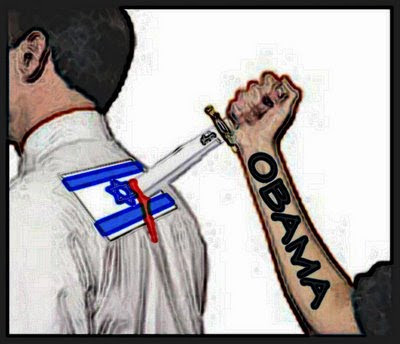When Aaron Stein was studying nuclear non-proliferation at Middlebury University's Monterey graduate program, the students would sometimes construct what they thought would be the best possible nuclear inspection and monitoring regimes.
Years later, Stein is now a Middle East and nuclear proliferation expert with the Royal United Services Institute. And he says that the Iran nuclear framework agreement, announced on Thursday, look an awful lot like those ideal hypotheticals he'd put together in grad school.
"When I was doing my non-proliferation training at Monterey, this is the type of inspection regime that we would dream up in our heads," he said. "We would hope that this would be the way to actually verify all enrichment programs, but thought that would never be feasible."
"If these are the parameters by which the [final agreement] will be signed, then this is an excellent deal," Stein concluded.
The framework nuclear deal establishes only the very basics; negotiators will continue to meet to try to turn them into a complete, detailed agreement by the end of June. Still, the terms in the framework, unveiled to the world after a series of late- and all-night sessions, are remarkably detailed, and almost astoundingly favorable to the United States.



